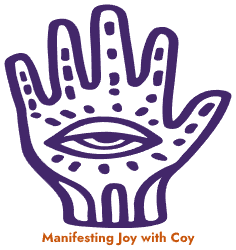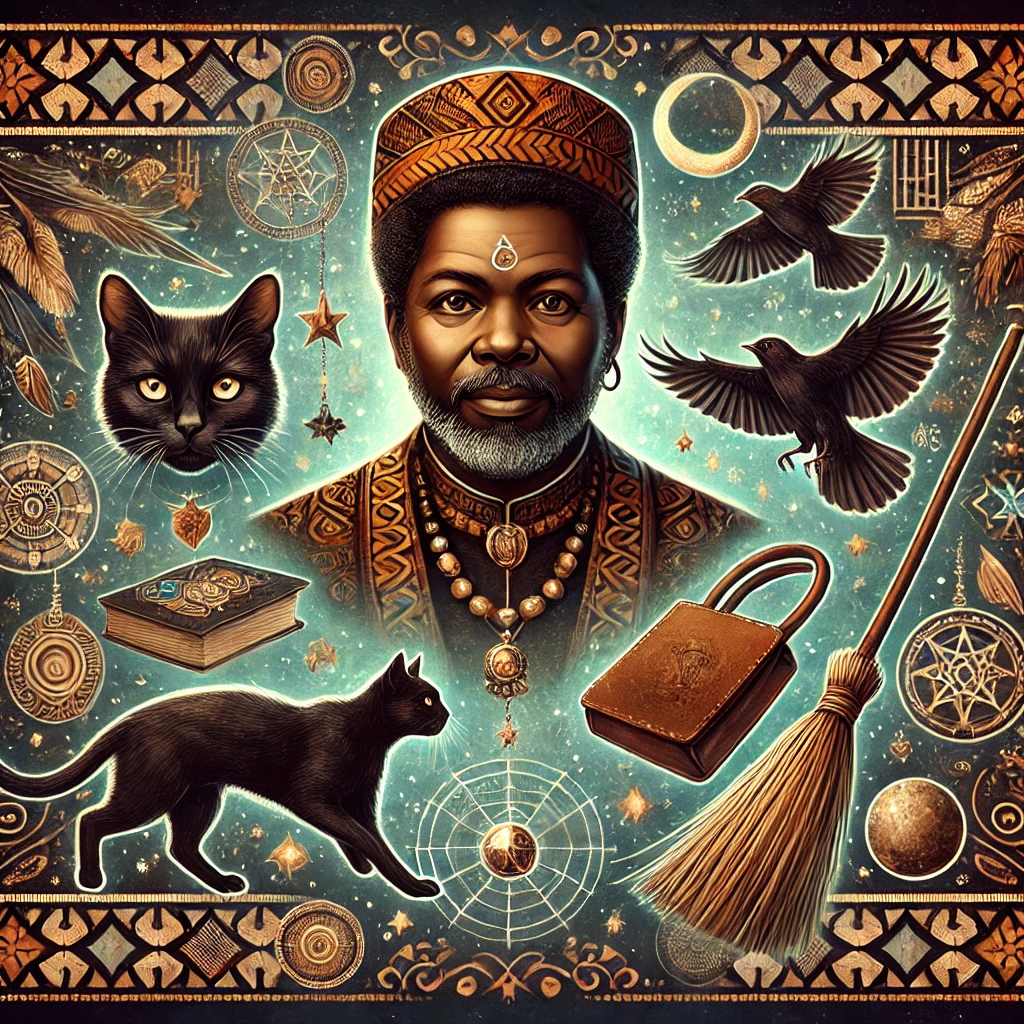Superstitions are more than just old sayings; they are echoes of history, culture, and spiritual beliefs passed down through generations. Many African-American superstitions have roots in African traditions, survival strategies from the slavery era, and spiritual wisdom intertwined with Christianity and Hoodoo. Let’s dive deeper into some of the most well-known superstitions and their hidden meanings.
1. Sweeping Over Someone’s Feet Brings Bad Luck
If someone accidentally sweeps over your feet, you might hear an elder warn that you’ll have bad luck or never get married. This belief originates from African traditions where the feet symbolize one’s path or destiny. In enslaved communities, where survival depended on opportunity and luck, sweeping over someone’s feet could metaphorically erase their chances for a better future. It also reinforces the importance of respect and mindfulness in shared spaces.
2. Don’t Let a Broom Touch Your Feet or You Won’t Get Married
Marriage and family stability were often disrupted during slavery, making this superstition a symbolic warning. The broom, a household object used for clearing away debris, represents sweeping away opportunities, including love and stability. It’s a reminder to protect one’s future and keep bad energy at bay.
3. If Your Right Hand Itches, You’re About to Receive Money
This belief is rooted in African spiritual traditions where different hands hold different energies. The right hand is associated with receiving blessings, while the left represents giving or losing. Itching in the right palm is seen as a sign that financial abundance is on its way.
4. Eating Black-Eyed Peas on New Year’s for Good Luck
A staple in many African-American households on New Year’s Day, black-eyed peas symbolize prosperity and resilience. This tradition dates back to the Civil War when enslaved people and poor Southerners relied on black-eyed peas, a food often overlooked by raiders. Over time, they became a symbol of survival and abundance, ensuring a fortunate year ahead.
5. Don’t Put Your Purse on the Floor, or You’ll Go Broke
In African spiritual traditions, the floor represents a place that absorbs energy. Money, being a form of energy, should be respected and protected. Letting a purse touch the ground is believed to allow wealth to “drain away,” reinforcing financial mindfulness and responsibility.
6. A Hat on the Bed Brings Bad Luck
This superstition has ties to funeral customs where hats were placed on coffins or linked to death rituals. In African traditions, the head is the seat of one’s spiritual energy, and placing a hat—a head covering—on a bed can symbolize misfortune or spiritual disturbance.
7. Splitting a Pole Causes a Rift in a Relationship
Walking on opposite sides of a pole while with a loved one is believed to create division between them. This belief comes from African spiritual teachings about unity and energy. Enslaved people, who relied on strong communal ties for survival, may have reinforced this superstition as a symbolic lesson to stay connected.
8. If a Picture Falls Off the Wall, Someone Will Die
In African spiritual beliefs, sudden physical disturbances can be messages from the ancestors. A falling picture, especially one depicting family, is often seen as an omen, signaling change, transition, or loss.
9. Birds Flying into the House Bring Death
Birds are often regarded as spiritual messengers in African and African-American traditions. In Hoodoo and other folk practices, certain birds, such as blackbirds or owls, were seen as omens from the spirit world. A bird entering a home might be interpreted as a warning of an impending transition, including death.
10. Dreaming of Fish Means Someone Is Pregnant
Water and fish symbolize fertility in many African spiritual traditions. Since fish thrive in water, which is often associated with the womb, dreaming of them has long been seen as a sign of new life or an upcoming pregnancy.
11. Stepping Over Someone Will Stunt Their Growth
This belief stems from African traditions that regard a person’s energy field as sacred. Stepping over someone, especially a child, is thought to disrupt their spiritual and physical development. It also serves as a lesson in personal space and mutual respect.
The Legacy of African-American Superstitions
These superstitions are more than simple beliefs; they are deeply woven into the African-American experience, carrying wisdom, protection, and history. While some may see them as outdated, their origins reveal a profound connection to survival, spirituality, and the unseen forces that shape our lives.
Whether you follow these traditions or not, they serve as a testament to the resilience and spiritual depth of African-American culture. They remind us that history, symbolism, and community wisdom continue to shape our daily lives in ways we may not always recognize.
If you enjoyed this post and was able to take something from the hidden meanings behind African-American superstitions, check out my previous post on Root Work as a Spiritual Practice to explore another powerful aspect of ancestral wisdom and spiritual traditions.

